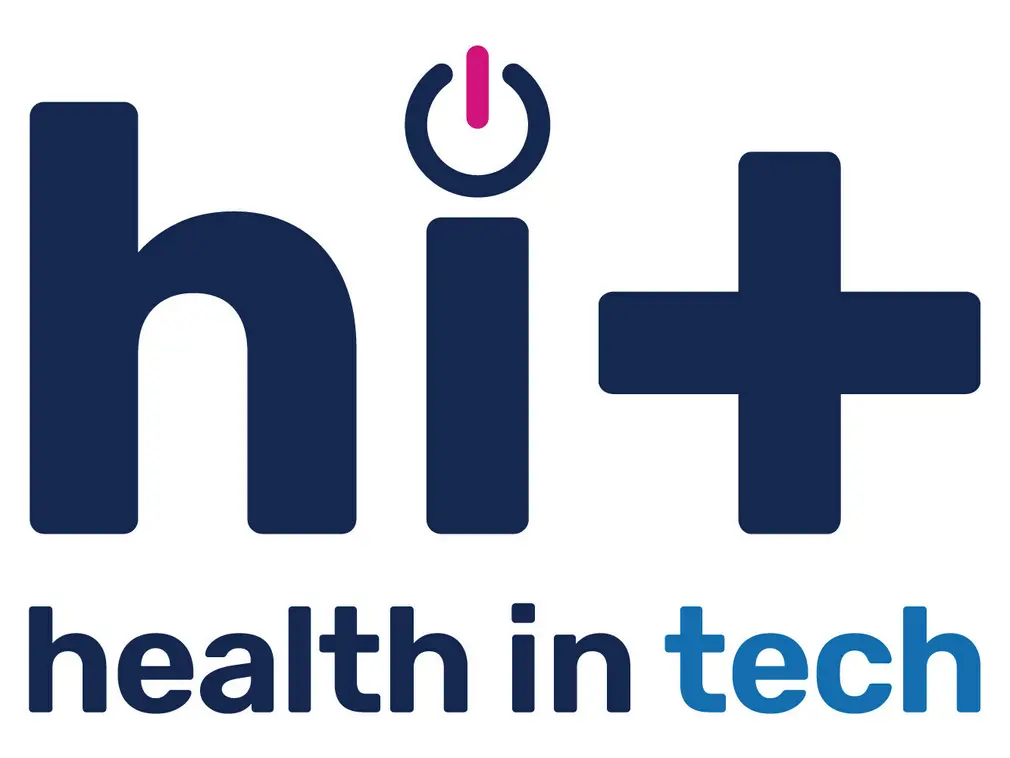Amygdala Neurosciences Selects ANS-858 for Clinical Development as a Novel ALDH2 Inhibitor for Substance Use Disorder

The fight against substance use disorders remains one of the most critical challenges in modern healthcare. These conditions, which include alcohol abuse, substance addiction, and other behavioral health issues, continue to impact millions worldwide. For many individuals affected by these disorders, traditional treatments fall short of providing sustained or relapse-free recovery. As a result, there is an urgent need for innovative therapies that can address the root causes of addiction while offering long-term solutions.
The Race to Develop Effective Treatments for Substance Use Disorders
Amygdala Neurosciences, a leader in neuroscience and mental health research, has recently announced its selection of ANS-858 as the primary candidate for clinical development. This groundbreaking compound represents a novel approach to treating substance use disorders by targeting the ALDH2 enzyme.
- ALDH2 Enzyme and Its Role in Addiction: The ALDH2 enzyme is known to play a significant role in the metabolism of certain chemicals, including dopamine. Dopamine is a neurotransmitter that regulates behavior, emotions, and cravings for substances.
- Potential of ANS-858 as an Inhibitor: ANS-858, developed by Amygdala Neurosciences, has shown promise in inhibiting ALDH2 activity. This inhibition could potentially reduce cravings and improve tolerance for individuals with substance use disorders.
- Clinical Development Focus: The company is currently advancing ANS-858 through preclinical studies to assess its safety, efficacy, and potential for therapeutic application in humans.
Why ALDH2 Inhibition Could Transform Substance Use Treatment
Substance use disorders are among the most prevalent and challenging conditions in global healthcare. Current treatments often fail to address the biological basis of addiction, leaving many patients without effective solutions for long-term recovery.
- Cognitive Behavioral Therapies (CBT): These therapies focus on identifying and changing negative thought patterns associated with substance use. While effective in many cases, they do not directly address the biological mechanisms of addiction.
- Medications like Bupropion: Bupropion, a widely used medication for addiction, works by blocking norepinephrine and dopamine reuptake. However, its efficacy is limited to specific substances like nicotine and酒 dependency.
- Potential Advantages of ANS-858: Unlike current treatments, ANS-858 targets the ALDH2 enzyme directly. This could lead to more effective treatment options that address the root cause of cravings and relapses.
Preliminary Results and Future Prospects
Preliminary studies conducted by Amygdala Neurosciences have shown positive results in animal models, demonstrating that ANS-858 can reduce substance-seeking behaviors and improve tolerance.
- Safety and Efficacy: The research indicates that ANS-858 is well-tolerated at therapeutic doses, with no significant adverse effects observed in early-stage trials.
- Phase 1 Clinical Trials: Plans are currently underway to recruit participants for phase 1 clinical trials, focusing on safety and pharmacokinetics.
- Long-term Goals: The ultimate aim is to advance ANS-858 through later-stage trials and into the realm of real-world patient applications.
The Importance of Innovation in Substance Use Disorders
The development of innovative therapies like ANS-858 represents a crucial step forward in addressing substance use disorders. By targeting underlying biological mechanisms, these new treatments have the potential to revolutionize the field of addiction medicine.
The work of Amygdala Neurosciences and their focus on groundbreaking research highlights the importance of continued investment and innovation in mental health and neuroscience. As we move closer to therapies that truly address addiction, the future holds significant promise for individuals struggling with these conditions.







